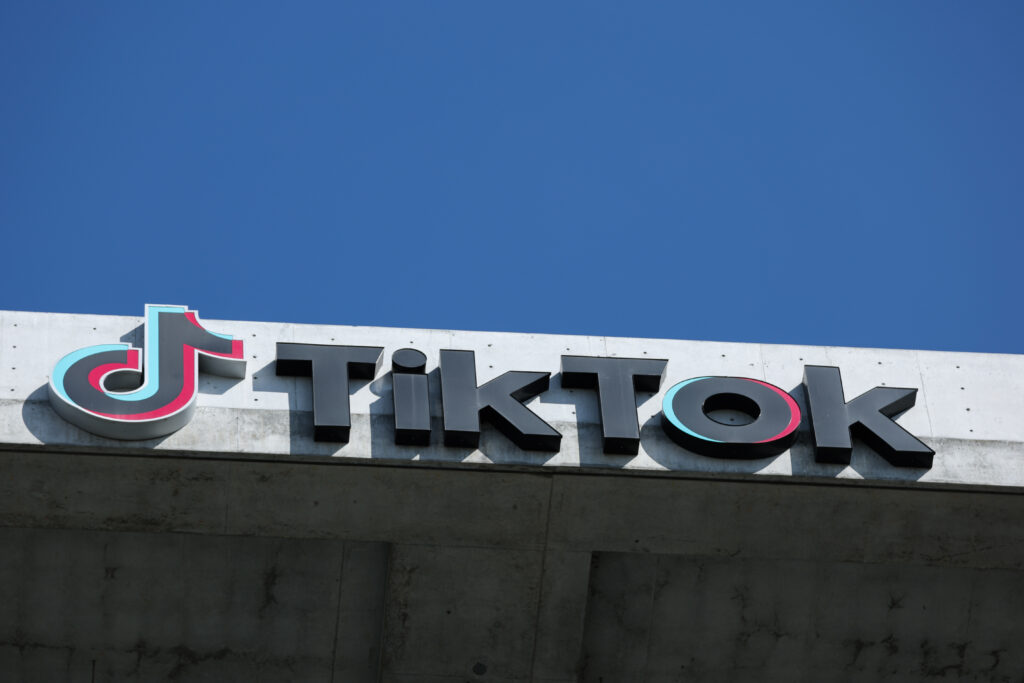Markets sink on concerns over tech rally, Fed rates
Markets sank Friday, tracking a selloff on Wall Street as doubts built over next month’s Federal Reserve interest rate decision and persistent speculation about a tech bubble.With the US shutdown saga now out the way, focus returned to the central bank’s policy meeting next month, when officials will decide whether or not to lower borrowing costs again.For much of the year, equities have been boosted by optimism that rates would come down, despite persistent inflation — and the Fed has delivered at its past two gatherings.But comments from bank boss Jerome Powell last month that a December repeat was not “a foregone conclusion” sowed the seeds of doubt, while several other decision-makers have made similar noises.The latest came this week, with three regional presidents voicing concerns about moving while inflation remained stubbornly high.St. Louis head Alberto Musalem urged “caution”, adding that “there’s limited room for further easing without monetary policy becoming overly accommodative”.His Minneapolis counterpart Neel Kashkari, who called for a pause in October, pointed to “underlying resilience in economic activity, more than I had expected”.And Cleveland’s Beth Hammack told the Pittsburgh Economic Club: “On balance, I think we need to remain somewhat restrictive to continue putting pressure to bring inflation down toward our target.”She called current rates “barely restrictive, if at all” and that “we need to keep rates around these levels”. The comments come as investors await the release of economic data that had been held up by the record shutdown, with jobs and inflation the main focus, even though some are expected to be incomplete.”As we await this schedule, we’ve seen some recalibration of expectations around whether the Fed cuts by 25 basis points on 10 December,” wrote Pepperstone’s Chris Weston. He added that markets saw a 52 percent chance of a cut, down from 60 percent the day before.The dimmer outlook for rates compounded worries that the tech sector may be overpriced after an AI-fuelled surge this year that has sent markets to records.There is growing talk that the mind-boggling amounts of cash invested in artificial intelligence may take some time to be realised as profit.Chip titan “Nvidia’s earnings (are) the key bottom-up focal point next week — potentially prompting traders to de-risk, lock in performance and sit tight until the tape turns and risk appetite returns into year-end”, said Weston.All three main indexes on Wall Street ended well in the red, with the tech-rich Nasdaq down more than two percent, while the Dow and S&P 500 were each off 1.7 percent.And Asia followed the lead, having enjoyed a broadly positive week.Tokyo, Hong Kong, Sydney, Singapore, Wellington, Bangkok and Taipei all shed at least one percent. Seoul — which has hit multiple tech-fuelled records of late — shed nearly four percent, and Manila more than two percent.There were also losses in Mumbai.London, Paris and Frankfurt extended Thursday’s losses.Shanghai was also hit by fresh data showing growth in Chinese retail sales slowed in October for the fifth successive month, as leaders struggle to revive consumption in the world’s number two economy.Oil rallied after the International Energy Agency flagged risks to Russian output caused by hefty sanctions imposed by Washington last month, including the country’s top two producers.The IEA said the decision could have “the most far-reaching impact yet on global oil markets”.Friday’s gains of more than one percent came days after the commodity tumbled following OPEC’s monthly crude market report, which forecast an oversupply in the third quarter.- Key figures at around 0705 GMT -Tokyo – Nikkei 225: DOWN 1.8 percent at 50,376.53 (close)Hong Kong – Hang Seng Index: DOWN 1.9 percent at 26,572.46 (close)Shanghai – Composite: DOWN 1.0 percent at 3,990.49 (close)London – FTSE 100: DOWN 0.9 percent at 9,715.30 Dollar/yen: UP at 154.66 yen from 154.53 yen on ThursdayEuro/dollar: UP at $1.1636 from $1.1634 Pound/dollar: DOWN at $1.3152 from $1.3189Euro/pound: UP at 88.43 pence from 88.21 penceWest Texas Intermediate: UP 1.6 percent at $59.63 per barrelBrent North Sea Crude: UP 1.5 percent at $63.92 per barrel







